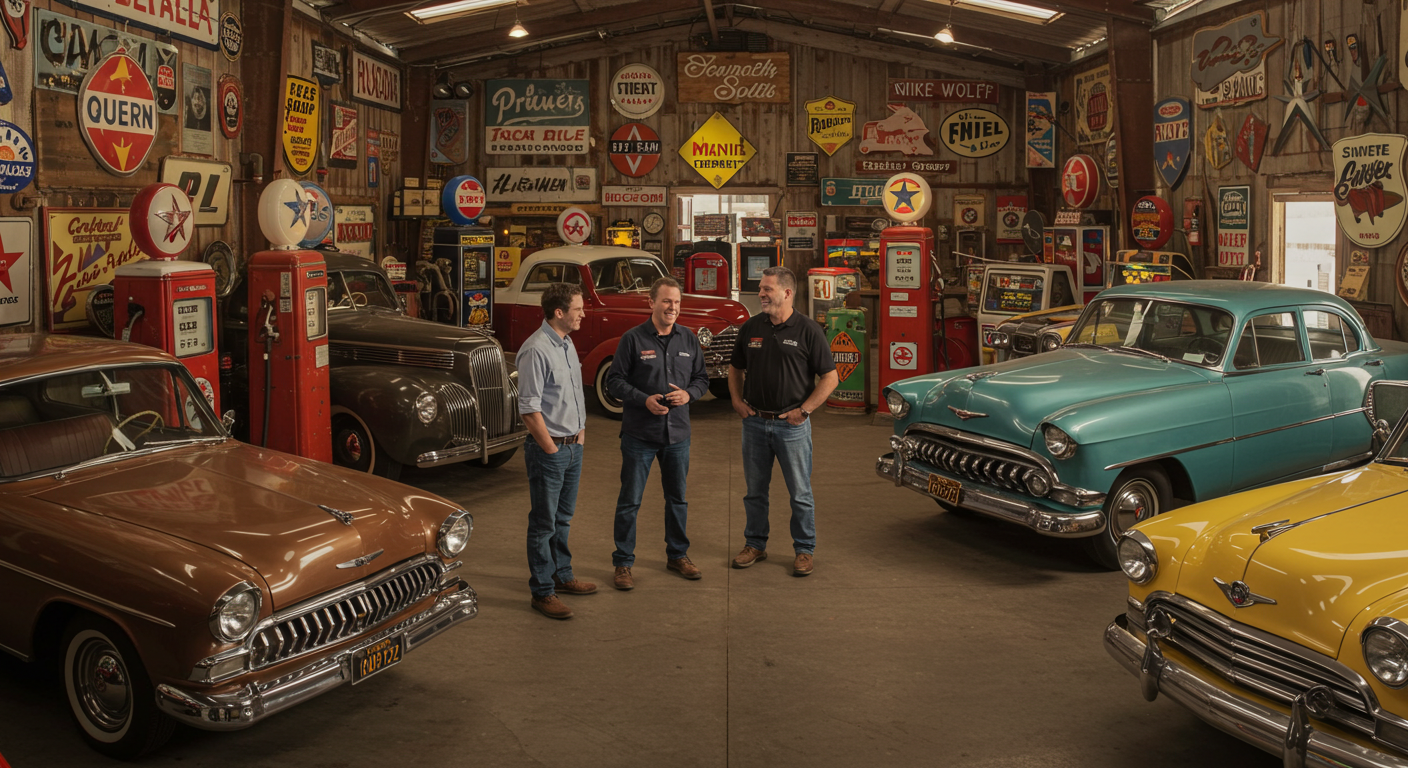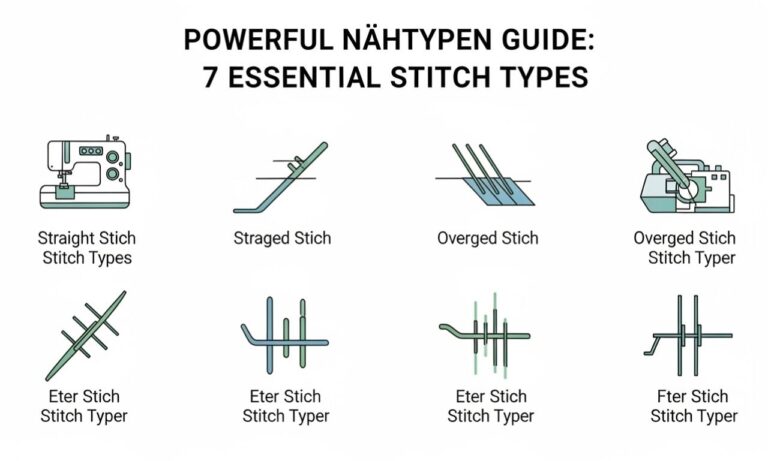
When most people hear “Mike Wolfe,” they think of American Pickers, dusty barns, and vintage treasures. But behind the cameras lies a deeper vision: the Mike Wolfe passion project, dedicated to preserving history, restoring small towns, and celebrating craftsmanship. This article explores what drives Wolfe’s mission, the work he’s doing today, the challenges he faces, and the impact he hopes to leave.
Mike Wolfe Passion Project – the mission
Mike Wolfe’s passion project isn’t merely collecting relics—it’s an active commitment to reviving forgotten places and stories. He envisions a network of historic properties, local makers, and heritage tourism that breathe new life into towns that time has sidelined. Through careful restoration, storytelling, and investment in craftsmanship, Wolfe is trying to make preservation more than nostalgia—it’s a living, sustainable mission.
Mike Wolfe Passion Project – roots and evolution
Wolfe’s fascination with old things began long before stardom. Growing up in Iowa, he’d roam junkyards, flea markets, barns, and rural communities looking for objects with stories. Over time, the drive to rescue artifacts merged with a broader view: those objects belonged to places, and places deserve rescue too.
On American Pickers, Wolfe traveled across the country uncovering mid-century signs, tools, motorcycles, and curiosities. But what many fans don’t see is how he segued into architecture, urban revitalization, and heritage advocacy. His picking adventures became a gateway to uncovering neglected storefronts, historic facades, and buildings in need of care.
Mike Wolfe Passion Project – key components
Here are the pillars that form the heart of Wolfe’s passion project:
Historic building restoration
Wolfe acquires and rehabilitates old structures—often downtown buildings or industrial properties—with an aim to preserve original character (tin ceilings, beadboard, vintage signage) while making them usable again. For example, the transformation of a former automotive strip in Columbia, Tennessee—Motor Alley—is central to his work. He’s turning the once-forgotten zone into a community space with shops, studios, and gathering spots.
He also revived a historic gas-station–style outdoor space in Columbia, adding a fire pit, seating and lighting, to make it a gathering place.
Revitalizing small towns and Main Streets
In his hometown LeClaire, Iowa, Wolfe invests in downtown buildings, turning them into vibrant hubs. He envisions the Main Street not just as retail blocks— but as living heritage corridors.
Through these efforts, his passion project becomes a cultural anchor: attracting visitors, inspiring local pride, and restoring economic life to places once in decline.
Support for artisans, crafts, and heritage makers
Mike Wolfe’s project extends beyond buildings into people and skills. He spotlights artisans—like leatherworkers, metalworkers, sign-makers—through his Two Lanes brand and grants or promotions. This is part of his effort to preserve living craft traditions.
By giving makers exposure and helping them connect to heritage markets, he hopes to maintain the continuity of craftsmanship.
Storytelling and media presence
The passion project is also narrative. Wolfe uses social media, blogs, and video to share stories behind objects, places and people. His digital platform Two Lanes blends travelogue, archives, and a curated shop featuring American-made goods.
His goal is to let wider audiences see that artifacts aren’t just curios—they’re portals into history, identity, and community.
Mike Wolfe Passion Project – current initiatives & examples
To make this vision concrete, here are some of Wolfe’s active projects:
-
Columbia, Tennessee – Motor Alley: Wolfe acquired a cluster of historic buildings and has been restoring them into creative spaces, local shops, and cultural venues.
-
Restored outdoor space “Revival” in Columbia: Wolfe unveiled a renovated plaza with seating, lighting, and landscaping, intended to host events and community gatherings.
-
Home renovation & local investment: Wolfe purchased an 1860s structure in LeClaire, Iowa—a former storefront—and restored it carefully, preserving historic elements while making it livable and functional for his guesthouse and business ventures.
-
Antique Archaeology and Two Lanes storefronts: The passion project lives in his retail / display spaces, where each item and display is part of the curatorial mission.
-
Motorcycle restoration & sourcing parts: As his show pauses or slows, Wolfe has focused on restoring personal vintage bikes, including reaching out to fans for rare parts for a 1930s Indian model.
-
Safety & construction watch: In 2025, fans expressed concern when Wolfe posted photos of working on his guesthouse, climbing ladders in precarious positions—a reminder that passion projects can entail real risk when working hands-on.
Mike Wolfe Passion Project – challenges & criticisms
No large-scale passion project is without obstacles. Wolfe’s work faces several challenges:
-
Cost & investment risks: Historic restorations require significant capital. Wolfe reportedly purchased a Columbia, Tennessee home for ~$700,000 and has already spent over $200,000 in renovation.
-
Regulation, permits & structural complexity: Renovating old buildings often involves navigating preservation rules, zoning laws, structural issues (rot, foundation problems), and modern code compliance.
-
Balancing authenticity and usability: To restore original character, Wolfe must balance what’s original vs. what’s necessary to make space functional and safe in modern contexts.
-
Public scrutiny & fan expectations: Being a public figure, his projects are observed closely. When fans saw him balancing on a ladder, they expressed safety concerns.
-
Sustainability and long-term maintenance: Once a building is restored, ongoing upkeep is essential. Without a sustainable model, heritage projects risk decay again.
-
Scaling the mission: It’s easier to do one exemplary project, harder to replicate at scale—how many towns or structures can he personally influence?
Mike Wolfe Passion Project – impacts & significance
Why does this matter? The passion project goes beyond preserving relics. Its influence can be measured in multiple dimensions:
-
Cultural continuity and identity: By restoring buildings and telling stories, Wolfe helps communities reclaim parts of their past—and adapt them into their present identity.
-
Economic revitalization: Restored Main Street buildings can host shops, galleries or cafes, drawing visitors, business, and providing jobs.
-
Heritage tourism: Wolfe’s presence draws enthusiasts to towns like LeClaire or Columbia, which in turn supports lodging, dining, and local commerce.
-
Inspiring preservation elsewhere: His visibility amplifies the idea that even small towns deserve restoration attention. His work can be a model for grassroots efforts.
-
Craft preservation: Through support of makers and artisans, traditional skills are kept alive, passing knowledge to new generations.
-
Sustainability in reuse: Rehabilitating existing structures consumes fewer resources and embodies principles of reuse over demolition.
Mike Wolfe Passion Project – how fans can engage
Wolfe’s mission invites participation, not just observation. Here’s how fans and communities can contribute:
-
Visit restored sites: Travel to LeClaire, Columbia or Nashville and experience restored spaces firsthand.
-
Support Two Lanes & Artisan goods: Buying from Wolfe’s curated shop helps sustain makers and visibility.
-
Share stories & artifacts: If you have family items, local relics, or regional stories, share them; Wolfe and his team often tap into communities for interesting finds.
-
Volunteer or partner locally: Serve local historical societies, preservation groups, or community planning – many tasks (cleanup, documentation, fundraising) matter.
-
Advocate for preservation policy: Engage in local planning, encourage tax credits or grants for protecting historic buildings.
-
Learn skills: Take courses in carpentry, masonry, historic restoration techniques to become local stewards yourself.
Mike Wolfe Passion Project – what’s next & future vision
Looking forward, Wolfe hints at expanding his preservation mission:
-
A documentary or series focusing exclusively on small-town restorations is expected, letting him spotlight projects without the structure of American Pickers.
-
A book on architecture & heritage separate from his picking stories is speculated.
-
He may extend heritage craft grants or mentorship to more artisans.
-
Wolfe might deepen his involvement in town-scale revitalization—not just one or two buildings, but entire corridors or neighborhoods.
-
The American Pickers hiatus is giving him breathing room to develop these off-screen projects.
Conclusion
The Mike Wolfe passion project is not a side hustle—it’s a heartfelt mission. It spans architecture, storytelling, artisan support, community revitalization, and sustainable heritage. While Wolfe built his reputation on searching for dusty relics, his current journey is about resurrecting places, giving voice to forgotten stories, and inspiring others to join in.
His work shows that restoration is not about freezing time—it’s about weaving the past into the present in ways that uplift communities. For towns and people willing to partner, Wolfe’s passion project offers not just inspiration, but a blueprint.







